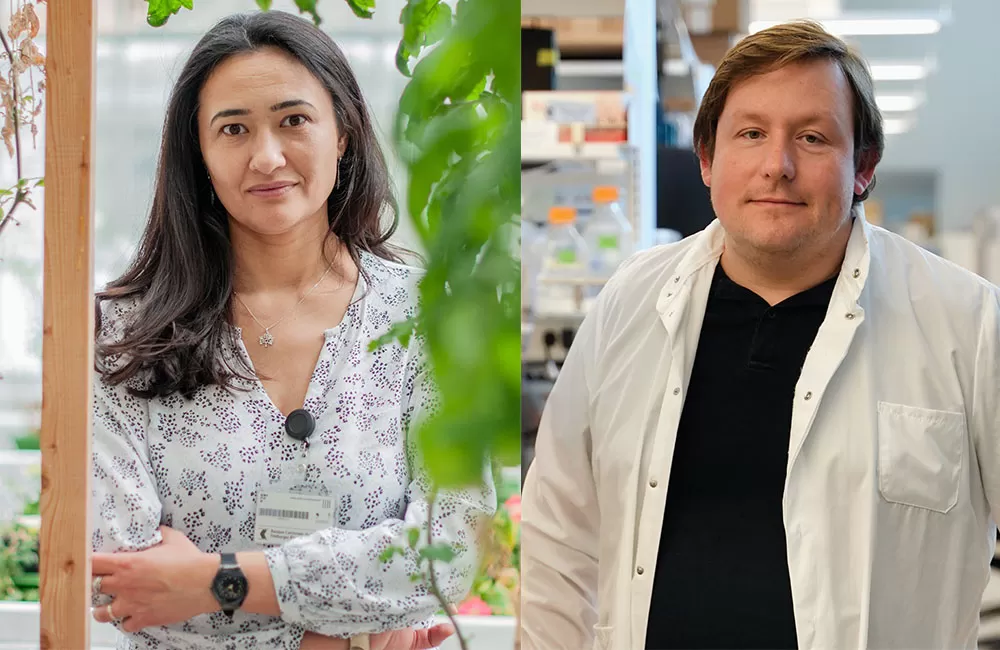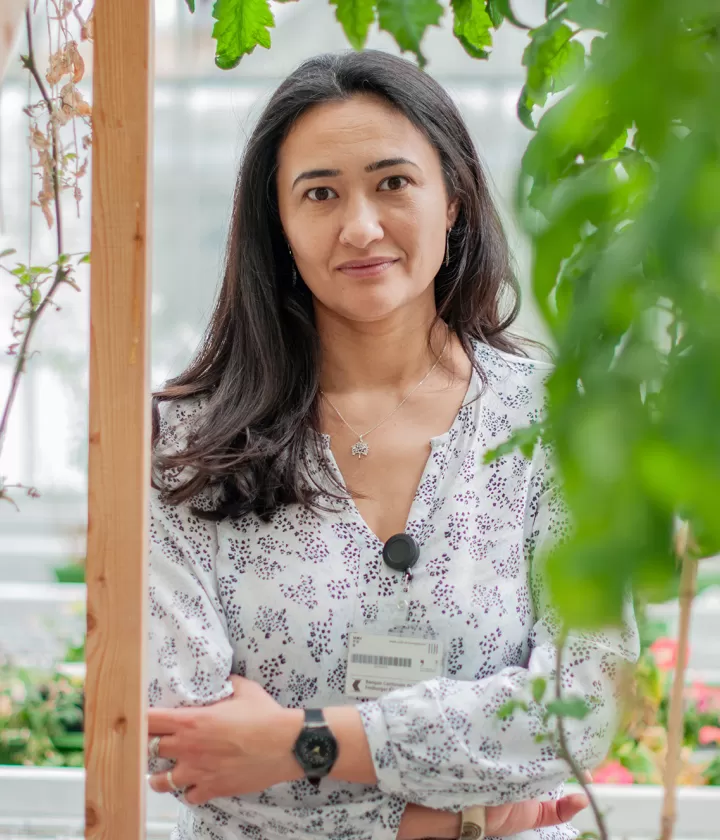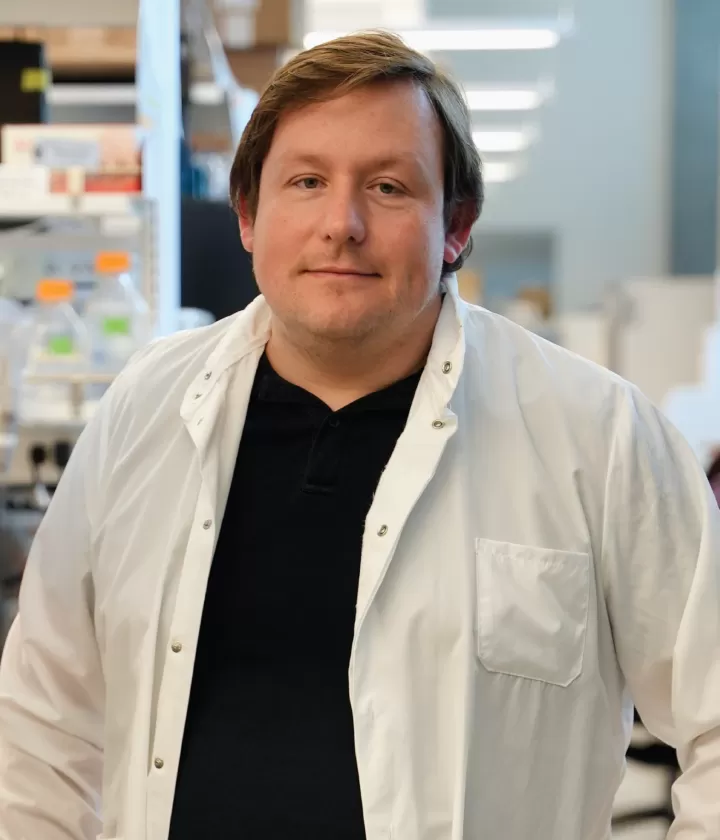
First international tenure track appointments supported by Wübben Stiftung
Wübben Stiftung Wissenschaft is funding two tenure track professorships at German universities for outstanding researchers recruited from abroad.
Molecular biologist and plant researcher Ora Hazak is transferring to the University of Münster from the University of Fribourg in Switzerland. Biochemist Thomas Schlichthärle is joining the Technical University of Munich (TUM) from the University of Washington, Seattle (USA). These appointments are the first in the Foundation’s new Appointment Accelerator program, which aims to strengthen the position of German universities in the global competition for talented researchers.
“The proportion of professors recruited from abroad is still comparatively low in Germany,” says Marion Müller from the Management Board of Wübben Stiftung. “Our Appointment Accelerator program enables German universities to become more competitive in the international arena and to increase their visibility and attractiveness as potential employers.” The appointment of Thomas Schlichthärle to a new professorship for AI-assisted protein design at TUM marks a milestone in combining biochemistry and artificial intelligence. Ora Hazak’s professorship in Münster will boost the university’s research profile in the field of plant biology by delivering pioneering insights to support the future of agriculture.

Ora Hazak: Resilient plants for agriculture
Ora Hazak investigates the communication between plant cells, with a particular focus on signals transmitted from roots to leaves. These signals are vital for plants to adapt to stress factors, such as drought, and ensure their survival in changing environments. Hazak's research is essential for agriculture, aiming to develop crops that are more resilient and productive – an important step in addressing the challenges posed by climate change. With support from Wübben Stiftung Wissenschaft, Hazak will take up the Maria Sibylla Merian Tenure-Track Professorship at the University of Münster. Before leading her research group in Switzerland at the University of Fribourg, she conducted research at Tel Aviv University and the University of Lausanne and has established an extensive collaborative network in Israel, Switzerland, and the USA.

Thomas Schlichthärle: AI-guided protein design
Thomas Schlichthärle specializes in computational protein design. Funded by Wübben Stiftung Wissenschaft, he is being appointed to the new professorship at TUM for AI-guided protein design, a highly competitive research field. With the help of AI, proteins can be developed quickly and efficiently on computers before being used in the future, for instance, as antibodies in biomedicine. His research aims to understand and control cellular signaling processes through targeted manipulation of biomolecules, which offers great potential in cancer immunotherapy or the targeted programming of stem cells, for example. He is currently a postdoctoral researcher at the Institute for Protein Design in Seattle, in the lab of David Baker, who was recently awarded the Nobel Prize in Chemistry. Thomas Schlichthärle has also worked and conducted research at other distinguished institutions, including the Wyss Institute for Biologically Inspired Engineering at Harvard University and the Max Planck Institute of Biochemistry in Munich.
The Appointment Accelerator funding program
Wübben Stiftung Wissenschaft’s Appointment Accelerator program provides funding to German universities, enabling them to negotiate successfully with noted international researchers and appoint them to tenure track positions. Wübben Stiftung Wissenschaft assesses not only the individual researcher’s academic excellence, but also the applying university’s culture of welcome and onboarding measures. For this process, the Foundation collaborates with an international group of experts. Further information about the program can be found here.
The Foundation
Wübben Stiftung Wissenschaft is a private grant-making foundation based in Berlin. It aims to strengthen Germany’s position as a science and research location by supporting outstanding academics at various career stages.